ABC expands its digital empire as viewers and listeners switch off
To watch the continual expansion of the ABC into every digital niche while disregarding the quality, accuracy and objectivity of its content is to see a version of Parkinson’s law play out.
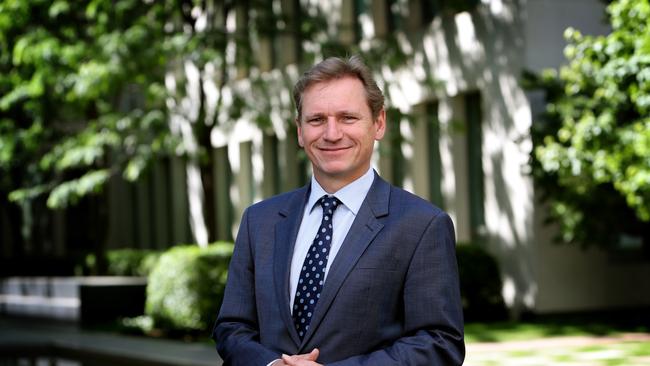
Founded in the 1930s to provide a national radio broadcasting service beyond the capability of commercial radio at the time, the ABC ventured into television in the 1950s before rapidly extending itself into multi-channel TV, digital radio, online and social media applications across the past three decades, following rather than leading commercial media.
This week the ABC announced a five-year plan to transition to an “integrated digital operation” to build a “digital majority” audience.
Given the public broadcaster relies on $1.2bn of annual taxpayer funding to deliver defined services to the nation, we might have expected managing director David Anderson to cite high-minded goals to be achieved by all of this. But no, as is the way of bureaucracies, the ABC was looking after the ABC’s interests first.
“These changes are important to secure the long-term success of the organisation,” Anderson said at one point, providing the worst possible justification for a publicly funded institution. The rest of his rationale focused on chasing eyeballs, which he styled as providing value for taxpayers’ money but really was just a way of spinning the same self-regard.
ABC funders and consumers interested in the five-year plan (did they not lose lustre in the post-Soviet era?) might question how it will help deliver quality content. No amount of TikTok providers (should we call these people public media influencers?) will improve the ABC’s chances of producing news and current affairs that is objective, radio that is mainstream or comedy that is funny.
The more the ABC tries to do, the less competent it becomes at its core tasks. To quote Parkinson: “Expansion means complexity. and complexity decay.”
Much commentary has focused on the announced 120 redundancies as if the ABC is suffering, but with an expanded budget the headcount is likely to rise and, more to the point, one redundancy demonstrates the distorted priorities at Ultimo.
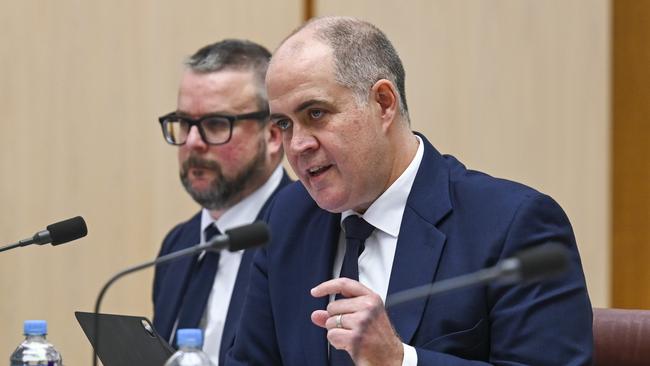
The dumping of Andrew Probyn along with his national political editor position is about as sensible as the Australian cricket team dumping Alex Carey and deciding to press ahead without a specialist wicketkeeper.
The national debate and federal politics have been and always should be a central priority for the ABC. Whether it uses their output on air, online or on TikTok, it should always have a lead political expert, providing reporting leadership in Canberra.
Probyn’s partisan infringements are not as obvious as some other leading ABC reporters and he has been a diligent journalist who communicates clearly and brought gallery experience and heft to the role, so it is unlikely his fate had anything to do with performance. If it did, then the managing director should say so; I certainly hope it had nothing to do with Probyn’s spirited and patriotic defence of the Parliament House bureau’s beer fridge against management prohibition.
Communications Minister Michelle Rowland reportedly expressed her exasperation about the ABC plan in a caucus meeting when she promised to seek explanations from management. “The B in ABC stands for broadcasting,” Rowland lamented.
The irony in this is extraordinary. In fact, for long-time readers of this column it will be maddening. Almost a decade ago I outlined how then ABC supremo Mark Scott had played politicians off a break to gain an unrestricted licence for his organisation to build a digital empire. This has now culminated in the “Towards a digital-first ABC” strategy.
Labor has no cause to complain because it deliberately facilitated this retreat from the public broadcaster’s core broadcasting role in 2013, and there was zero resistance from the Coalition.
That is when they changed the ABC charter to include an additional function: “to provide digital media services”. The rationale for this function, subsequent justifications and real-world consequences are worthy of their own episode of Yes Minister.
The ABC first went online in 1995 and through the years complaints about this expansion centred on the broadcaster straying beyond its authorisation. Newspapers, large and small, suddenly had text-news competition that was government-funded and free.
Soon other media and digital start-ups were aggrieved, and they too zeroed in on the ABC Act outlining a charter for a broadcaster rather than a provider of text, online or social media content.
Scott went to the then Labor government with the ABC’s idea for an ex post facto addition to the charter, one that would cover what he was already doing and give him free rein in the future. Most media at the time were busy fighting Labor’s proposed media regulation and reporting Kevin Rudd’s first attempt to regain the prime ministership from Julia Gillard, so few paid attention and it sailed through parliament.
Politicians from both sides, including then opposition communications spokesman Malcolm Turnbull, argued the change made little difference because online and digital services might be defined as broadcasting anyway.
Yet less than two years later, when he was the responsible minister, Turnbull was pressed about ongoing ABC digital expansion and he used the extended charter as his defence: “In its charter it says the ABC’s job is, among other things, to deliver digital media services.” Talk about writing your own ticket.
Now, a full decade later, with the digital march looking more like an abandonment of broadcasting, Rowland wonders if the ABC has forgotten about its middle letter. In fact, a decade ago the ABC was acutely aware of the constraints the B-word might impose on its ambitions, so it proposed a solution to give them carte blanche, and Rowland’s own Labor government served it up.
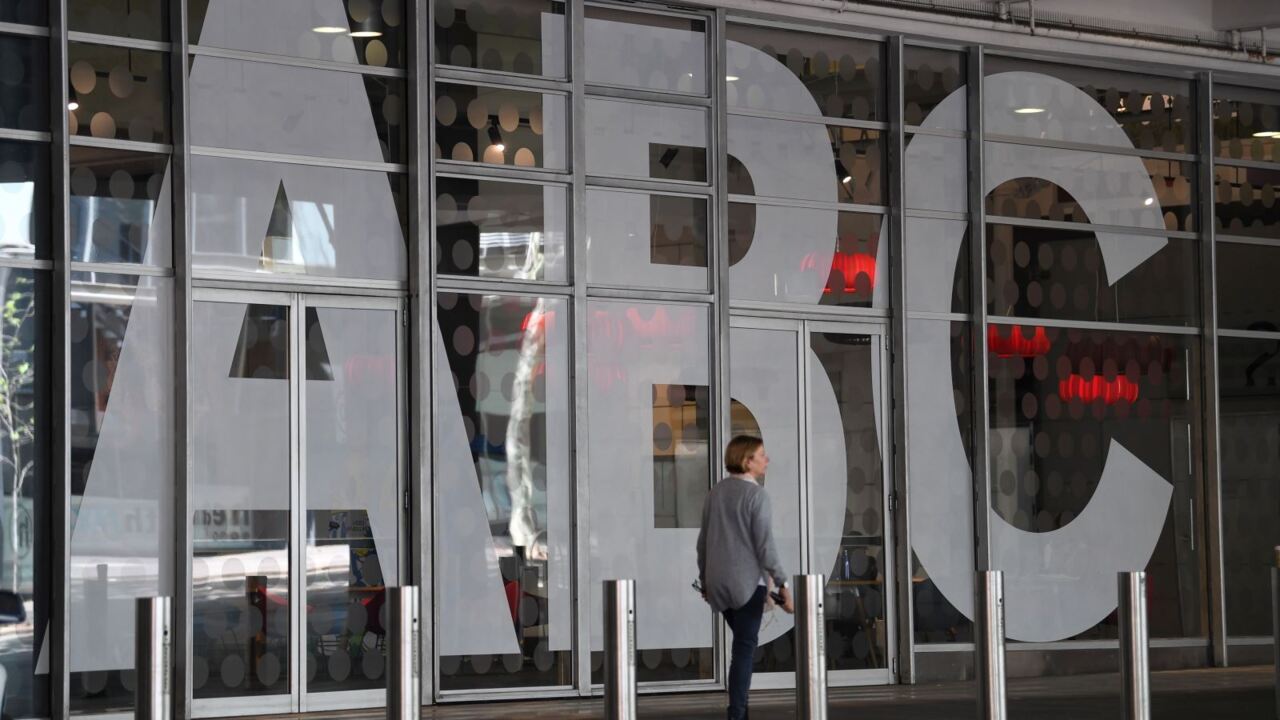
We are now seeing the results. A massive media bureaucracy is preoccupied with self-expansion rather than the quality of its content. The opening line of its five-year plan declares: “By 2028 the ABC will be an integrated digital operation and most of the audience engagement with the ABC will be through our digital products.” In other words, by 2028 it will be the Australian Digital Corporation, the ADC.
This has all been condoned, facilitated and encouraged by that charter change in 2013.
We have a taxpayer-funded behemoth that has let down audiences: by failing to contemplate, let alone predict, the results in our 2019 federal election, the 2016 US election and the UK Brexit referendum; by continuing to provide online the grossly erroneous three-part Four Corners series by Sarah Ferguson promoting the debunked leftist conspiracy theory about Vladimir Putin installing Donald Trump in The White House; by running unethical trials by media against Cardinal George Pell, Christian Porter, Alan Tudge and Bruce Lehrmann; and by grossly exaggerating global warming threats while negligently ignoring the costs and impracticalities of the transition to a world’s first renewables-plus-storage energy grid.
The ABC is an organisation that desperately needs to engage with the truth but instead it engages with TikTok. The initial concerns about the digital expansion undermining commercial operations and opportunities remain, but it is clearer that the focus on getting on to every new platform, every new thing, every crevice, like a media version of The Blob, is distracting the ABC from its core role of producing quality content.
And it is not just news and current affairs. How many ABC drama series have moved you or entertained you in recent years? How many comedy shows have made you laugh? Can they discuss sport any more without involving politics?
There have been some hits – perhaps Backroads and Old People’s Home for 4 Year Olds – but there have been more misses, along with the decline of many long-running political and panel programs.
Whether you watch The Drum, 7.30, The Weekly or Q&A, or listen to Radio National or local radio, you know you will be bombarded with predictable green-left positions, peppered with anti-conservative bile. It tends to make the serious programs funny and the comedy shows dreary.
If these platforms are so far out of touch with mainstream plurality, then it gets only worse when they try to plough the fields of social media memes.
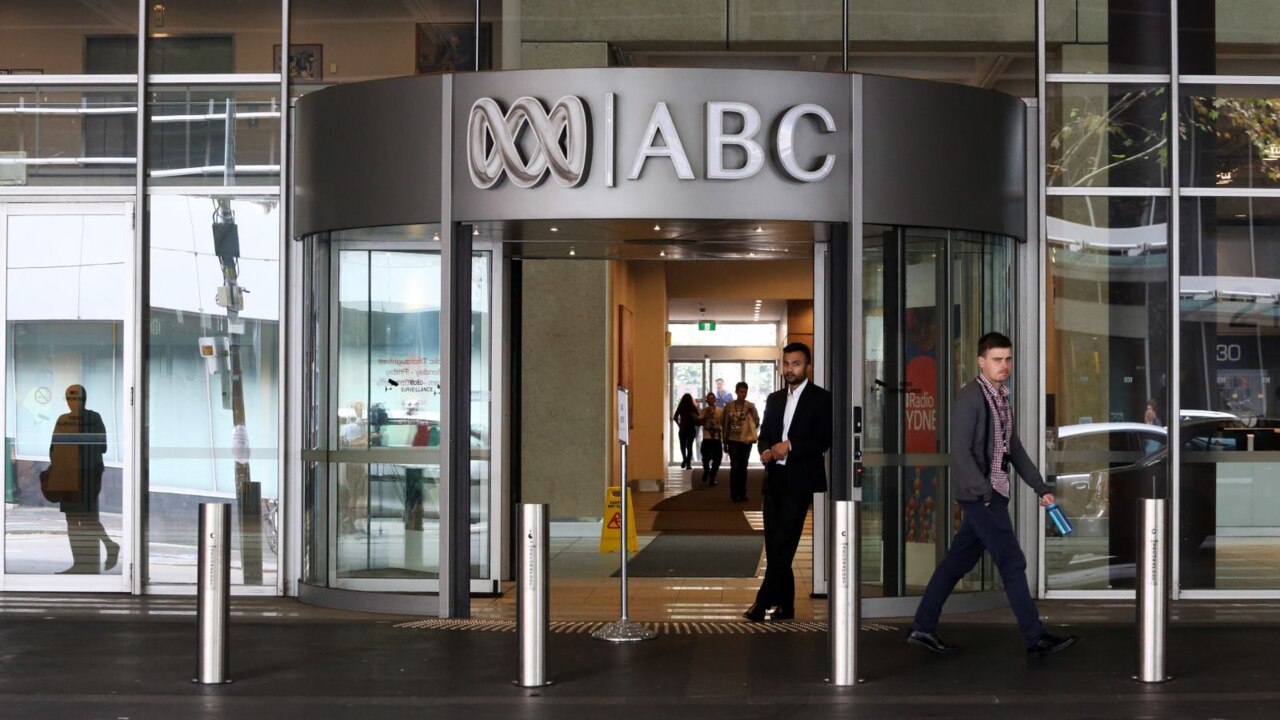
In its desperation for eyeballs and clicks on social media, the ABC has even set up an ABCQueer Instagram account. (Cis-gendered, straight Muslims or Christians need not apply?) More to the point, the allocation of resources to these sidelines steals the public broadcaster’s attention and undercuts its status.
There is an easy way to fix this – not the ideological bent, we all know that is a difficult task – but if you want the ABC to at least focus on its core tasks, you need to curtail its digital empire-building. We will see new platforms emerge time and again from now on.
The ABC Act needs to be amended, not just by removing that wide-ranging digital licence but by prescribing exactly what platforms the public broadcaster can host. This would not be editorial control; the ABC would remain independent.
And it does not preclude expansion but, rather, just means if the ABC wants to launch, say, a new digital channel, streaming service, or social media presence, it would need legislative licence first.
That way a minister could not lament that Aunty had forgotten its middle letter, because the parliament would have detailed exactly what platforms the public broadcaster was servicing.
For now the digital media services remit is limitless – if is not reined in, it cannot be long before the ABC provides us with free virtual reality experiences.


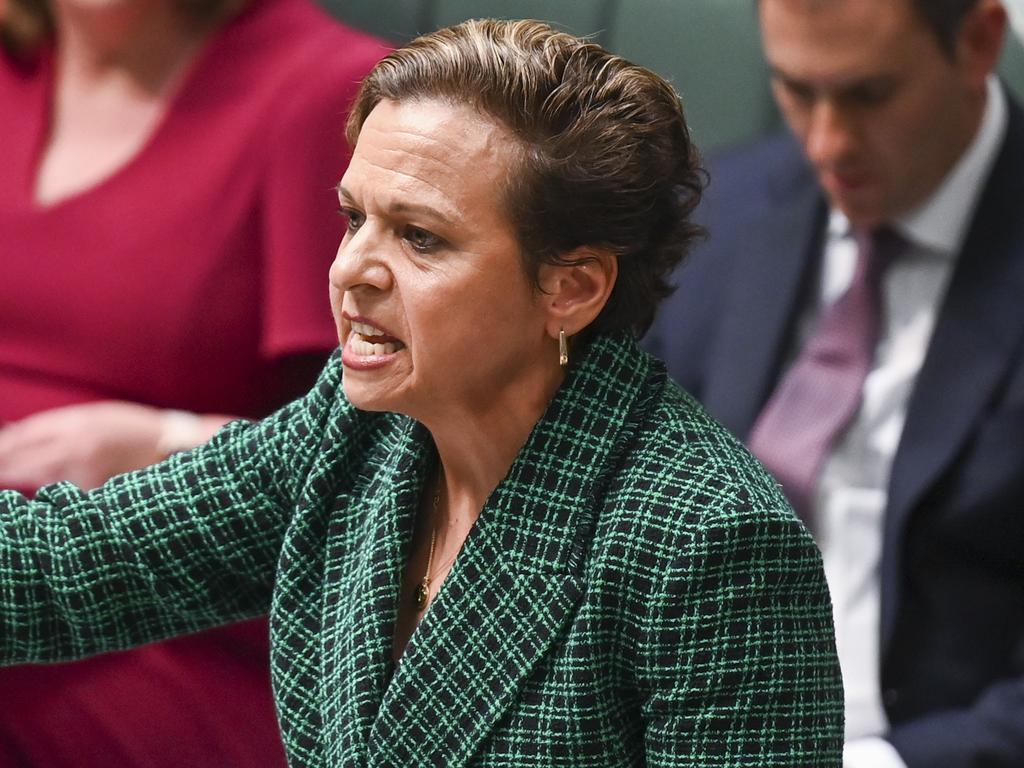
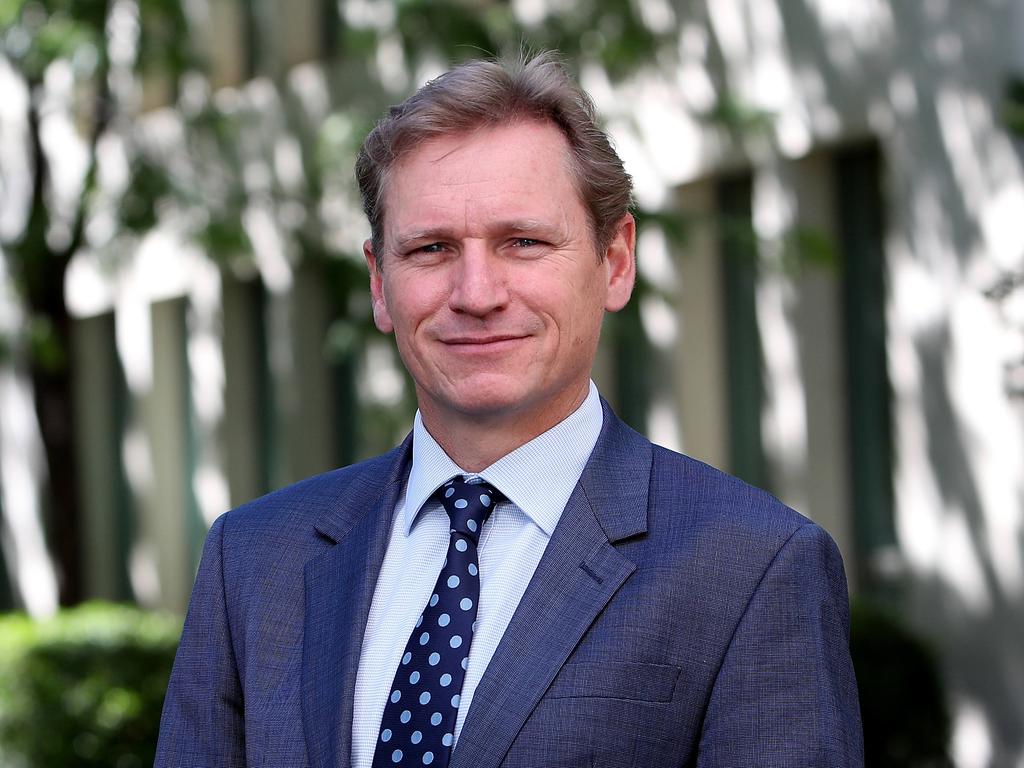
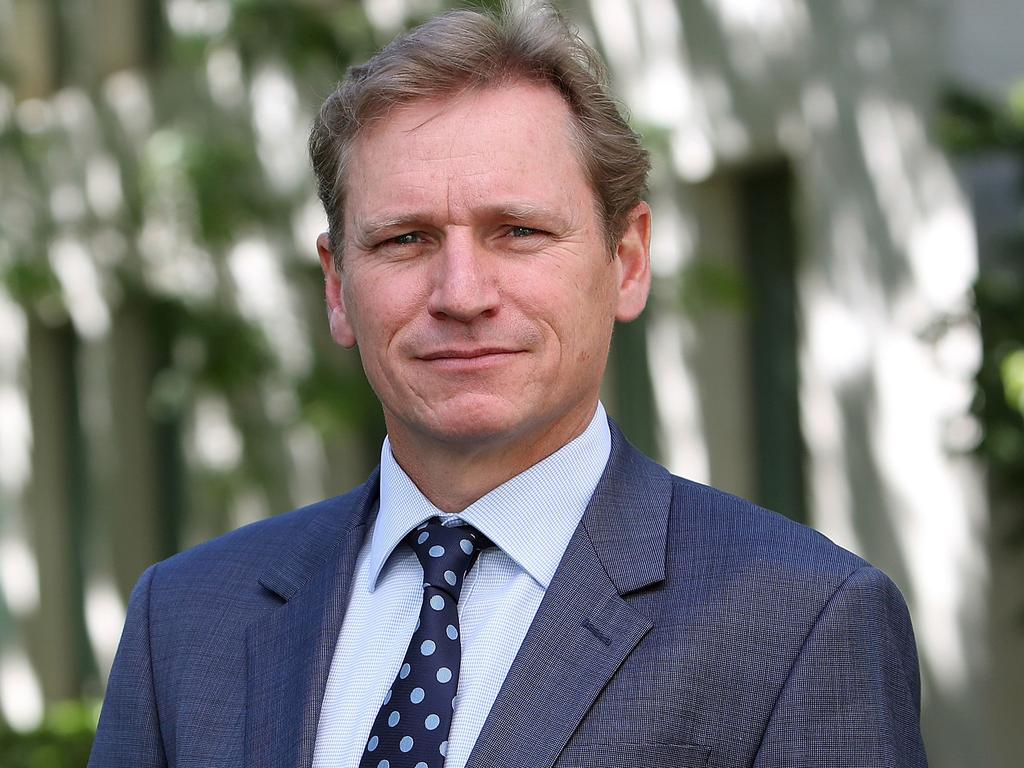
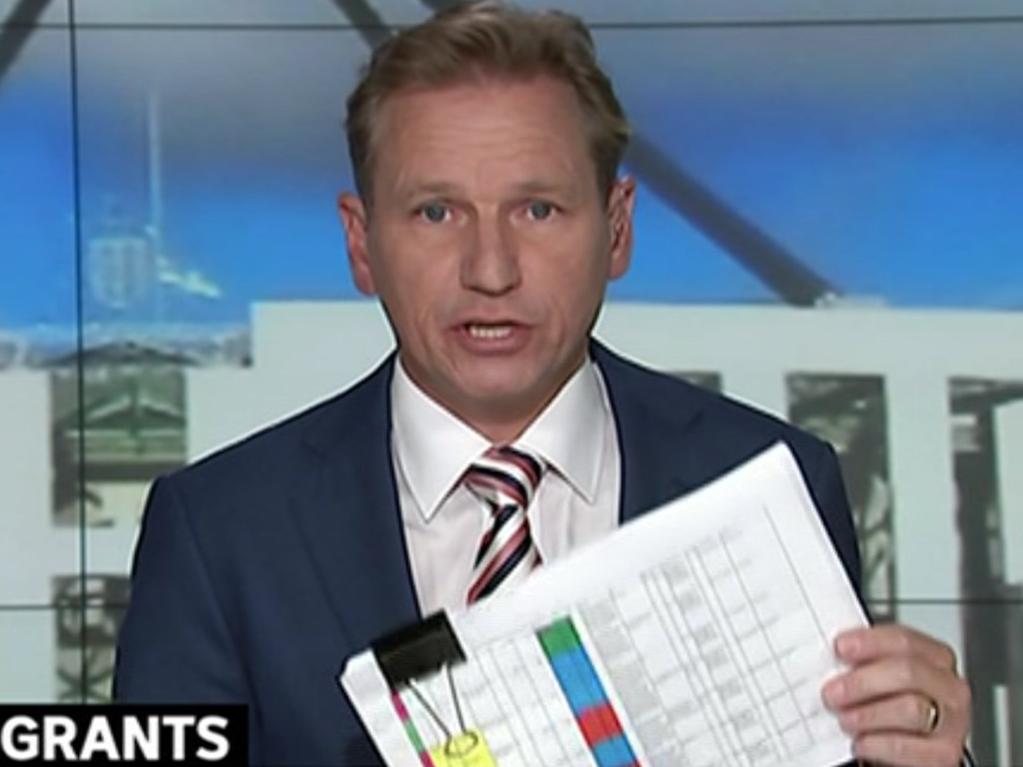
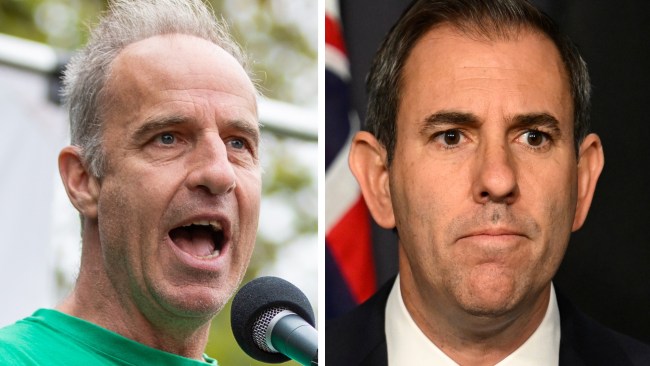
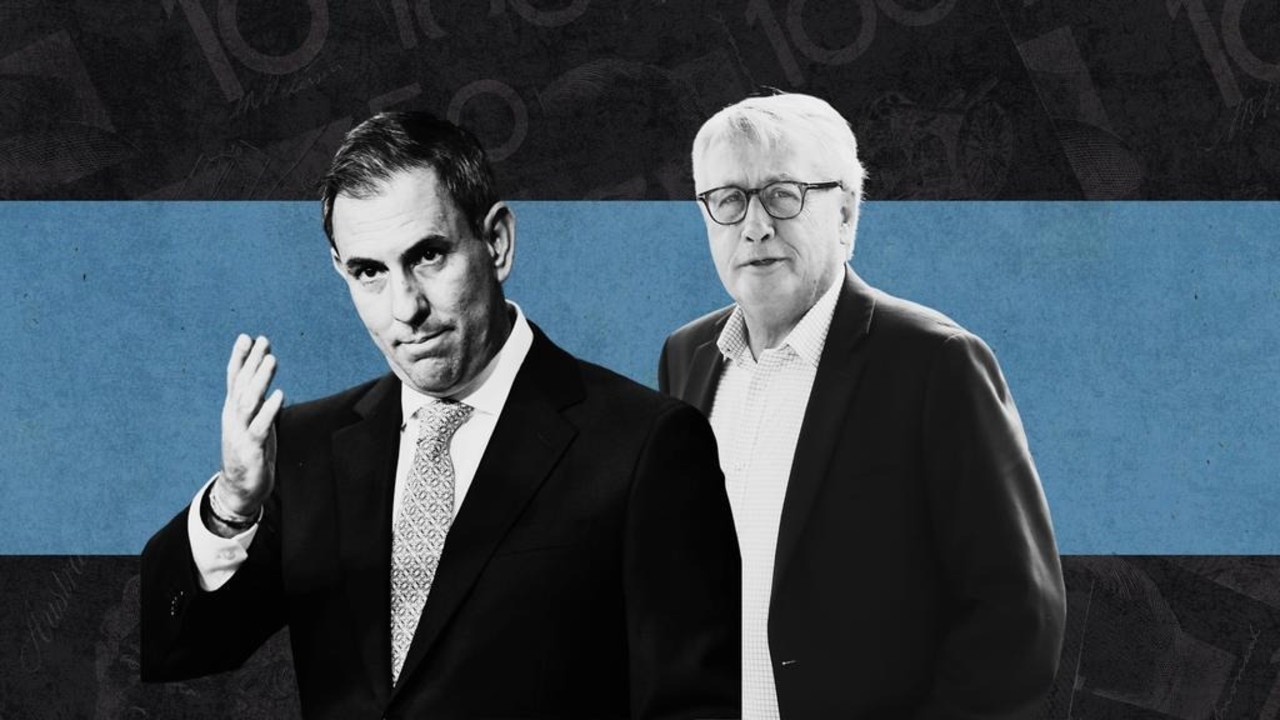
To watch the continual expansion of the ABC into every digital niche while disregarding the quality, accuracy and objectivity of its content is to see a public media version of Parkinson’s law play out. British naval historian Cyril Northcote Parkinson turned to public administration analysis and pinpointed the flaws of bureaucracies, primarily their unremitting tendency towards self-justification and expansion.